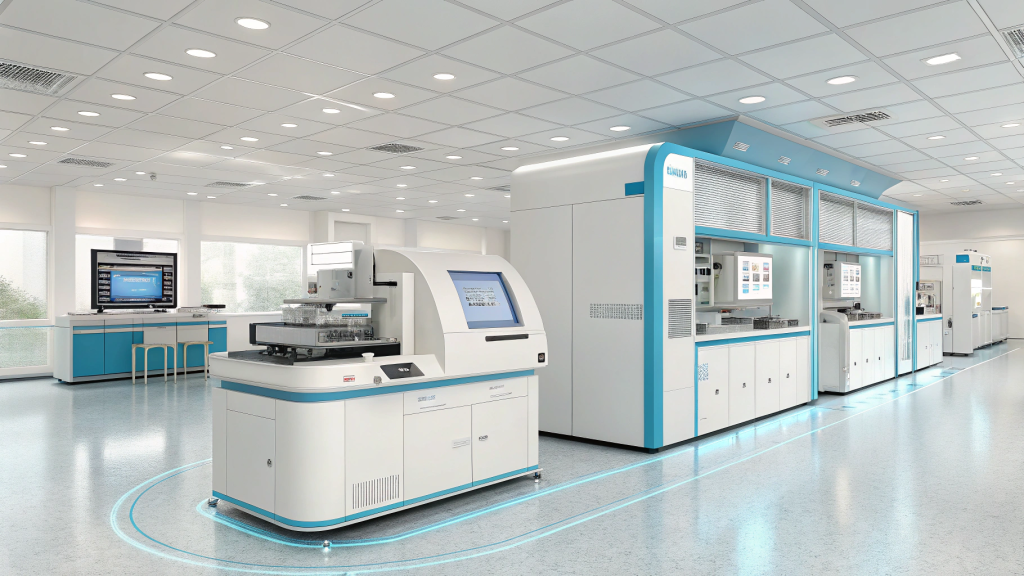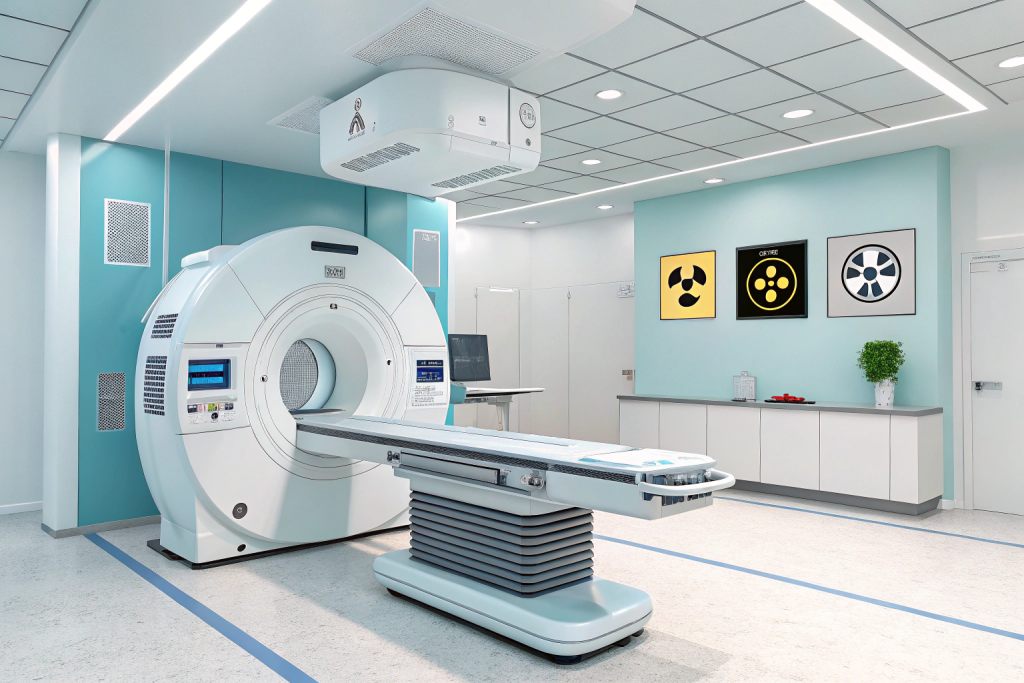In recent years, artificial intelligence (AI) has rapidly transformed various sectors, and healthcare is no exception. Particularly in oncology, the integration of AI technologies has opened new horizons for diagnosis, treatment planning, and patient monitoring. Moreover, Turkey has made significant strides in adopting AI-driven oncology applications, positioning itself as a regional leader in this domain. This article explores the current landscape of AI in oncology treatment, emphasizing recent developments in Turkey.
The Importance of AI in Oncology
Cancer remains one of the leading causes of death worldwide. Despite advances in medicine, early detection and personalized treatment still pose significant challenges. Therefore, AI’s ability to analyze vast amounts of data quickly and accurately is invaluable. For example, machine learning algorithms can detect patterns in medical images that may elude the human eye. Likewise, AI models assist oncologists in tailoring treatments to individual patient profiles, enhancing efficacy and reducing side effects.
Furthermore, AI contributes to clinical decision support by integrating patient histories, genetic data, and treatment outcomes. Consequently, AI technologies have the potential to improve survival rates and quality of life for cancer patients globally.
Key AI Technologies Used in Oncology
Several AI technologies have become integral to modern oncology:
- Machine Learning (ML): Enables computers to learn from data and improve over time without explicit programming.
- Deep Learning: A subset of ML that uses neural networks to analyze complex data, especially useful in medical imaging.
- Natural Language Processing (NLP): Facilitates the extraction of meaningful information from unstructured clinical notes and research papers.
- Predictive Analytics: Helps forecast disease progression and treatment responses.
Turkey has been actively adopting these technologies in various oncology applications, as explained below.
AI-Powered Diagnostic Tools in Turkey
Early and accurate diagnosis is critical in oncology. In Turkey, several hospitals and research centers have integrated AI-based diagnostic tools to improve cancer detection. For instance, AI-assisted imaging systems analyze mammograms, CT scans, and MRIs with remarkable precision.
Moreover, Turkish startups and tech companies have developed AI platforms that assist radiologists by highlighting suspicious regions in medical images. This not only increases diagnostic accuracy but also reduces the time required for analysis. Consequently, patients receive faster diagnoses and treatment plans.
Personalized Treatment and AI
Cancer treatment is moving towards personalization, meaning therapies are tailored based on individual genetic profiles and tumor characteristics. AI algorithms can analyze genomic data to identify mutations and recommend targeted therapies. This approach is especially important in treating aggressive or rare cancers.
In Turkey, academic institutions collaborate with hospitals to implement AI-driven personalized medicine programs. For example, AI platforms help oncologists select the most effective chemotherapy agents while minimizing adverse effects. Additionally, clinical trials increasingly incorporate AI to stratify patients and optimize treatment protocols.
AI in Radiation Oncology
Radiation therapy is a cornerstone of cancer treatment. However, treatment planning is complex and requires precision. AI technologies assist radiation oncologists in contouring tumors, optimizing dose distribution, and predicting treatment outcomes.
Several Turkish cancer centers have introduced AI-powered software that automates these processes. This not only improves treatment accuracy but also enhances patient safety. As a result, radiation therapy becomes more effective with fewer side effects.
Challenges and Ethical Considerations
Despite the promising developments, AI adoption in oncology faces challenges. Data privacy and security remain paramount, especially when handling sensitive medical information. Turkey has strengthened its data protection regulations, aligning with international standards like GDPR.
Furthermore, AI algorithms must be trained on diverse datasets to avoid biases. In this regard, Turkish researchers emphasize the importance of including local population data to ensure AI tools perform optimally across demographics.
Ethical questions also arise regarding AI’s role in decision-making. While AI provides recommendations, the final clinical decisions rest with physicians. Hence, transparent algorithms and explainable AI models are crucial for trust.
Future Prospects in Turkey
Looking ahead, Turkey is investing heavily in AI research and infrastructure related to oncology. Government initiatives support public-private partnerships aimed at accelerating AI innovations in healthcare.
Furthermore, international collaborations help Turkish institutions access global datasets and expertise. This facilitates the development of more robust AI models tailored to the Turkish population.
Education and training programs for healthcare professionals also prioritize AI literacy, ensuring that oncologists and radiologists can effectively integrate AI tools into daily practice.
Conclusion
In summary, artificial intelligence is revolutionizing oncology treatment worldwide, and Turkey is an active participant in this transformation. By integrating AI-powered diagnostics, personalized therapies, and radiation oncology innovations, Turkey enhances cancer care quality and outcomes.
Nevertheless, continued attention to ethical, legal, and social issues is essential to harness AI’s full potential responsibly.
For patients and healthcare providers alike, understanding these developments offers hope for more precise, effective, and compassionate cancer treatment in the near future.





